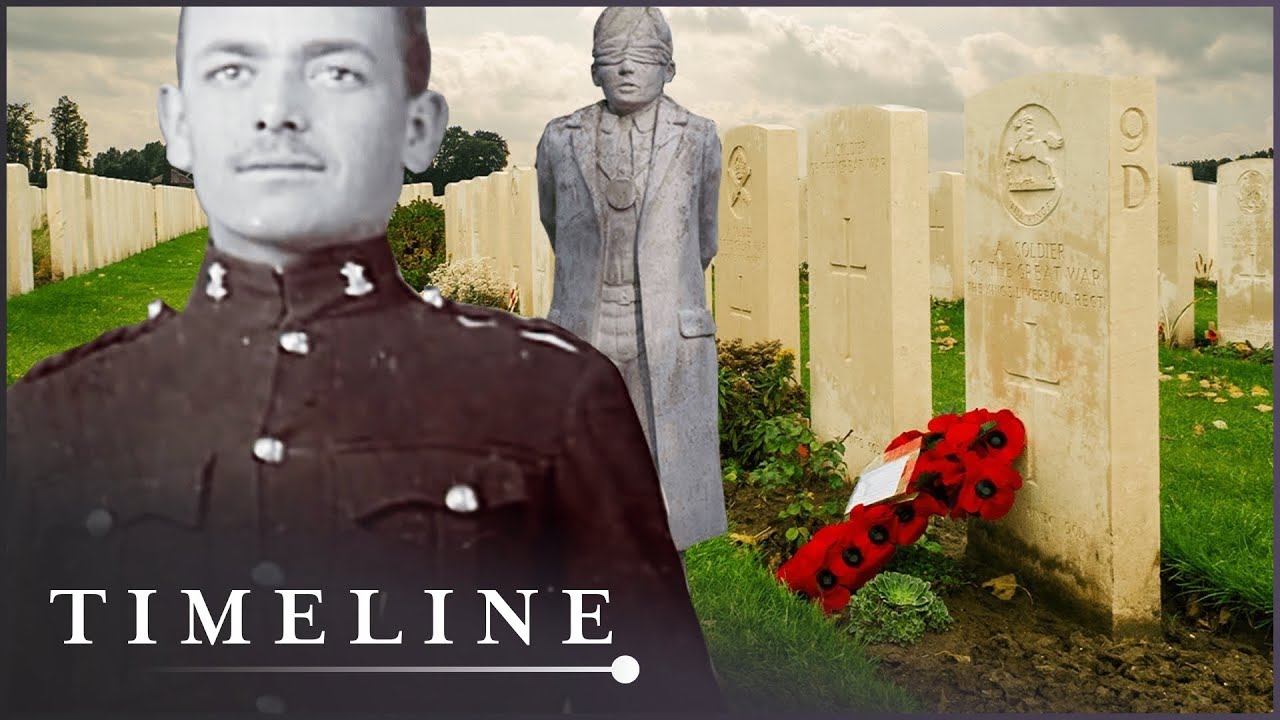World War One was a brutal and deadly conflict that lasted from 1914 to 1918. It claimed the lives of millions of soldiers and civilians alike, and left an indelible mark on the world. While the bravery and heroism of the soldiers who fought in the war is well-known, there is another side to the conflict that is often overlooked. This is the story of the 306 British and Commonwealth soldiers who were shot at dawn for acts of cowardice and desertion.
These soldiers were executed for crimes that would be seen very differently today. Many of them were suffering from shell shock or other mental health problems, and were unable to cope with the stresses of combat. Others were simply exhausted or overwhelmed by the horrors of war. In many cases, these soldiers were not given a fair trial or a chance to defend themselves, and were summarily executed by firing squad.
The policy of shooting soldiers for desertion and cowardice was not unique to the British Army. Many other countries, including France, Germany, and the United States, also executed soldiers for similar crimes. However, the number of soldiers executed by the British Army was significantly higher than that of any other country. This has led many historians to question whether the policy was a necessary measure or a brutal and unnecessary form of punishment.
The soldiers who were executed came from all walks of life. Some were young and inexperienced, while others were seasoned veterans of the war. They came from different parts of the British Empire, including Canada, Australia, and New Zealand. They were all united by the fact that they had been accused of desertion or cowardice, and were facing the ultimate penalty.
One of the most tragic aspects of these executions is that many of the soldiers were later found to have been suffering from mental health problems, such as shell shock. At the time, however, mental health was not well understood, and soldiers who showed signs of weakness or distress were often seen as cowards or malingerers. This led to a culture of silence and shame, where soldiers were afraid to seek help for fear of being stigmatized or punished.
The first soldier to be executed for desertion during World War One was Private Thomas Highgate, of the 1st Battalion, Essex Regiment. He was executed on September 8th, 1914, just a few weeks after the start of the war. Highgate was accused of deserting his post during the Battle of Mons, and was subsequently captured by the Germans. He was later returned to the British Army, where he was court-martialed and found guilty of desertion. He was executed by firing squad in the town of Le Cateau.
The last soldier to be executed for desertion during World War One was Private James Daly, of the 1st Battalion, Royal Dublin Fusiliers. He was executed on November 2nd, 1918, just days before the end of the war. Daly had been found guilty of desertion and had been sentenced to death. However, his sentence was commuted to 10 years’ hard labor, and he was sent to a military prison in France. While there, he was involved in a mutiny, and was subsequently re-sentenced to death. He was executed by firing squad in the town of Poperinghe.
Today, the soldiers who were shot at dawn are remembered as victims of a brutal and unjust policy. Many people believe that the soldiers were simply victims of circumstance, and that they were unfairly punished for crimes that were beyond their control. The British government has since apologized for the executions, and has posthumously pardoned the soldiers.
In conclusion, the story of the soldiers who were shot at dawn is a tragic reminder of the devastating toll that war can take on the human mind and spirit. These soldiers were not cowards, but rather victims of a brutal conflict that left many struggling to cope with its horrors. The fact that so many soldiers were executed for desertion and cowardice raises important questions about the ethics of wartime punishment, and serves as a stark reminder of the need for compassion and understanding in times of war.
It is important that we remember the stories of these soldiers and the injustices they faced, so that we may learn from their experiences and ensure that such policies are never implemented again. We must also work to break down the stigma surrounding mental health and seek to provide better support and treatment for those who struggle with the lasting effects of war.
In the end, the tragedy of the soldiers who were shot at dawn is a reminder of the high cost of war, not just in terms of lives lost, but also in terms of the toll it takes on the human spirit. We must never forget their sacrifice, and must strive to ensure that their memory is honored through a commitment to peace, compassion, and understanding.
